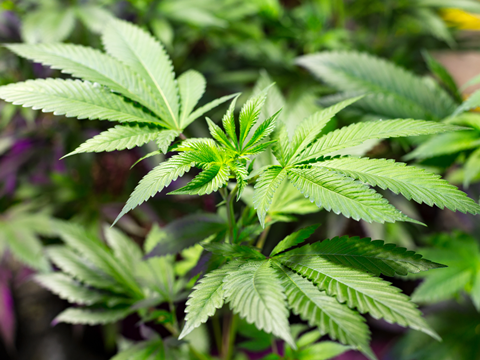
PAPACKS and Ukrainian Hemp have collaborated to create a scalable supply chain for certified industrial hemp, aiming to provide a renewable, recyclable alternative to wood-based pulp and plastic.
The two companies announced the establishment of an industrial infrastructure for processing hemp into moulded fibre, pulp, and packaging, seeking to deliver a hemp supply at industrial scale which is applicable across industries.
PAPACKS claims that industrial hemp enables the production of moulded fibre packaging and paper-based materials without high energy input or excessive CO2 emissions. It adds that hemp grows in a few months, can be cultivated regionally and requires no deforestation.
The company states that packaging made from hemp fibres meets the requirements of the EU Packaging and Packaging Waste Regulation (PPWR), is over 80% recyclable via the paper stream and complies with international food and pharmaceutical safety standards including BfR, FDA and BRCGS.
PAPACKS founder and CEO Tahsin Dag says: “We’re not just replacing a raw material. We’re challenging an entire system. Industrial hemp allows us to decouple packaging from deforestation – while building truly circular material flows in Europe.”
The company entered a strategic partnership with Australian ag-tech solutions firm Wandarra last summer, aiming to utilize PAPACKS’ turnkey solution to replace fossil plastic packaging with hemp-based alternatives. Intending to reduce waste and pollution in Australia, the partners planned to produce initial samples in Germany, which would then be delivered to North Queensland to accommodate the preferences of local consumers.
Last year Juan F. Samaniego, freelance science journalist and editor for environmental newsletter Planeta Mauna Loa, took us through manufacturers’ attempts to produce paper packaging from grass, hemp fibres, and recycled clothing, in light of statistics suggesting three billion trees are used in the production of paper packaging every year across the world. He highlighted that Poland’s Institute of Natural Fibres and Medicinal Plants (IWNiRZ) has been studying the potential industrial uses of hemp over the last decade, from building materials to fabric.
If you liked this story, you might also enjoy:
The ultimate guide to the Packaging and Packaging Waste Regulation in 2024
How are the top brands progressing on packaging sustainability?
Sustainable Innovation Report 2024: Current trends and future priorities
Everything you need to know about global plastic sustainability regulation














No comments yet